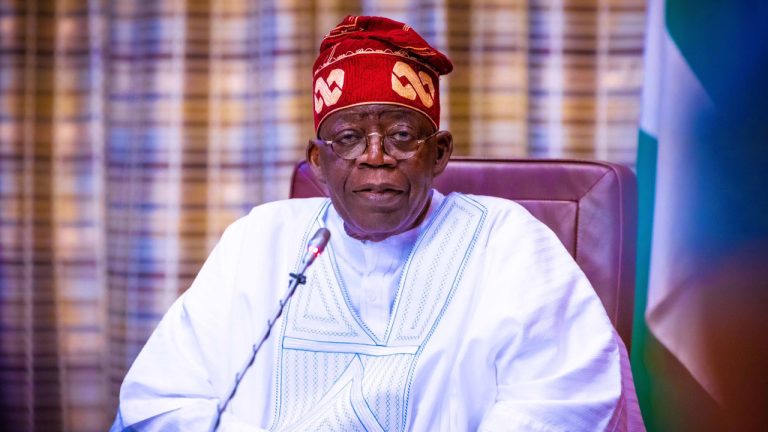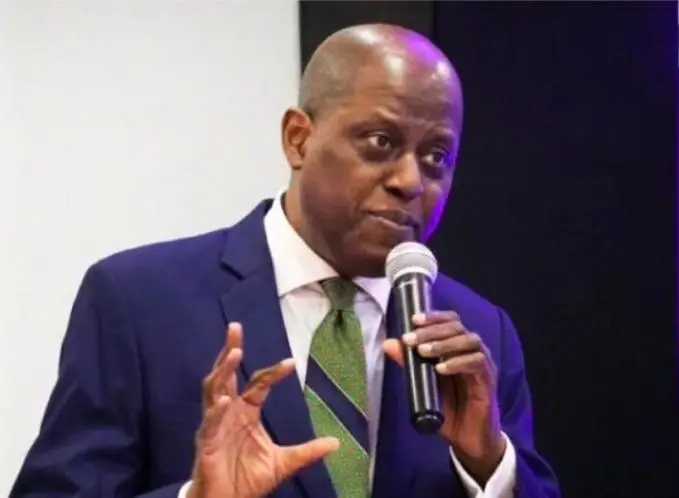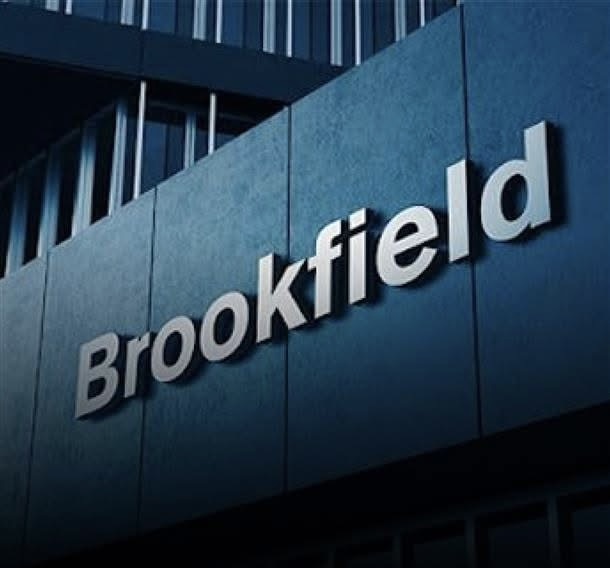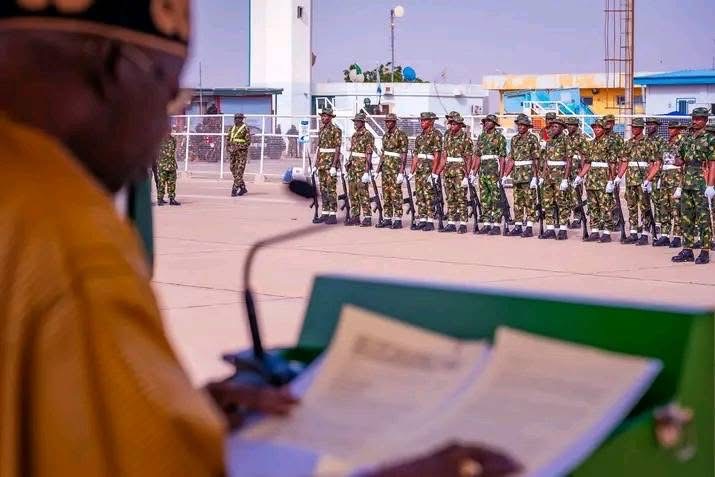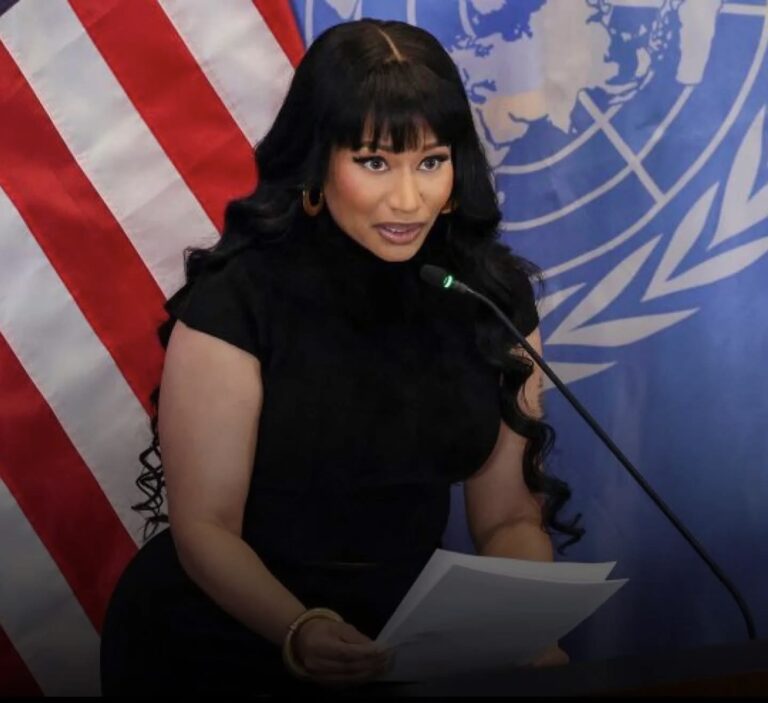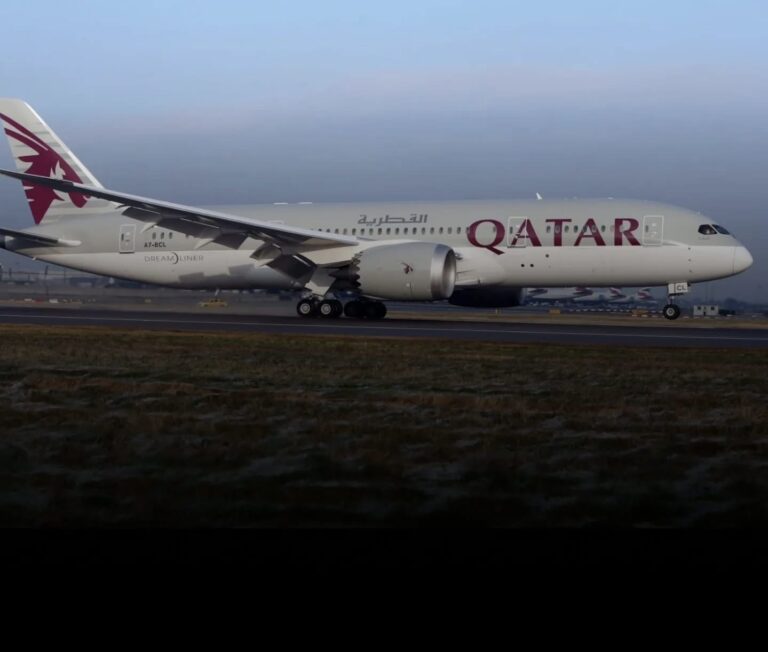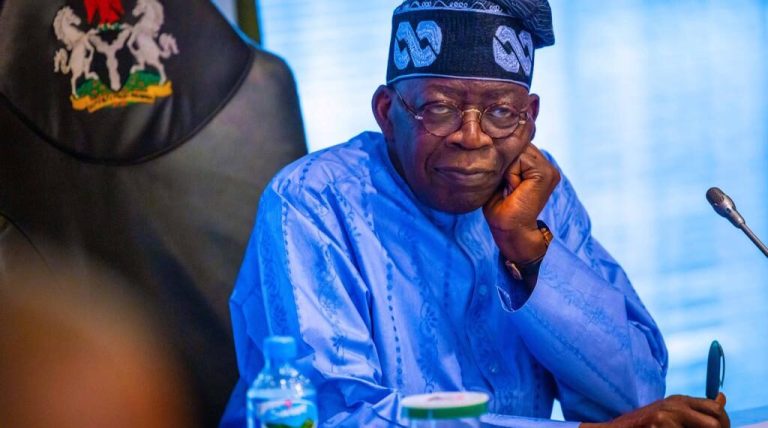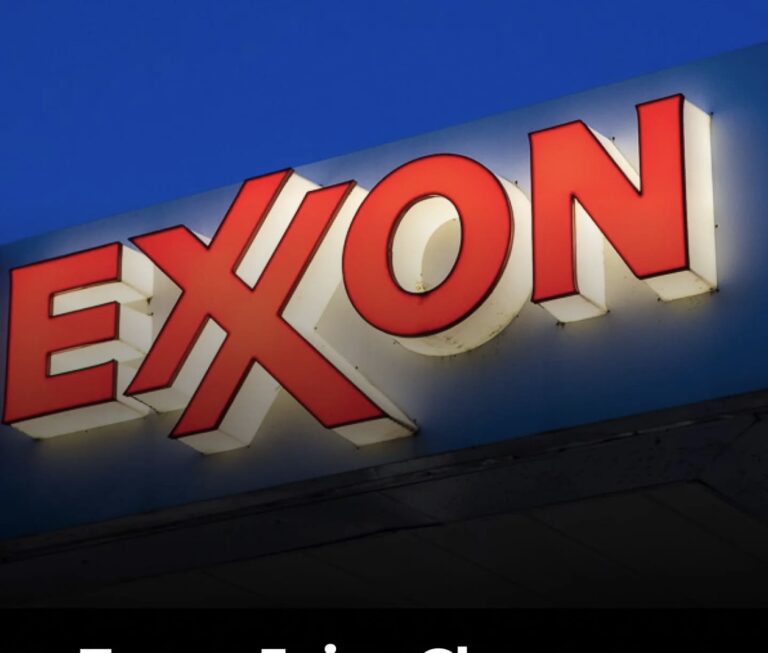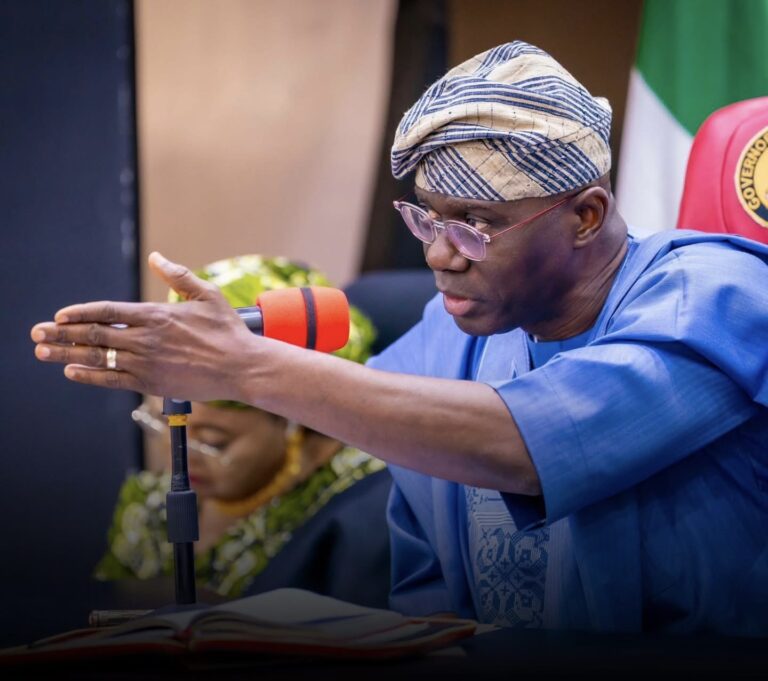Brasília, Brazil – Nigeria has officially inaugurated the Carbon Market Association of Nigeria (CMAN), a move aimed at establishing a transparent and credible carbon trading system for the country.
The launch took place at COP30, signaling Nigeria’s commitment to positioning itself as a regional hub for high-integrity carbon credits. CMAN is tasked with coordinating stakeholders across the entire carbon market value chain, ensuring compliance with international standards, and supporting the implementation of Nigeria’s Carbon Market Framework.
Through the association, Nigeria aims to attract private-sector participation, strengthen climate finance mechanisms, and promote sustainable practices that reduce greenhouse gas emissions. By creating a structured and reliable platform for carbon trading, CMAN is expected to enhance the credibility of Nigerian carbon credits in global markets.
Officials highlighted that the initiative will also facilitate investment in low-carbon projects, foster green economic growth, and help the country meet its international climate commitments, demonstrating Nigeria’s growing leadership in environmental sustainability in Africa.




